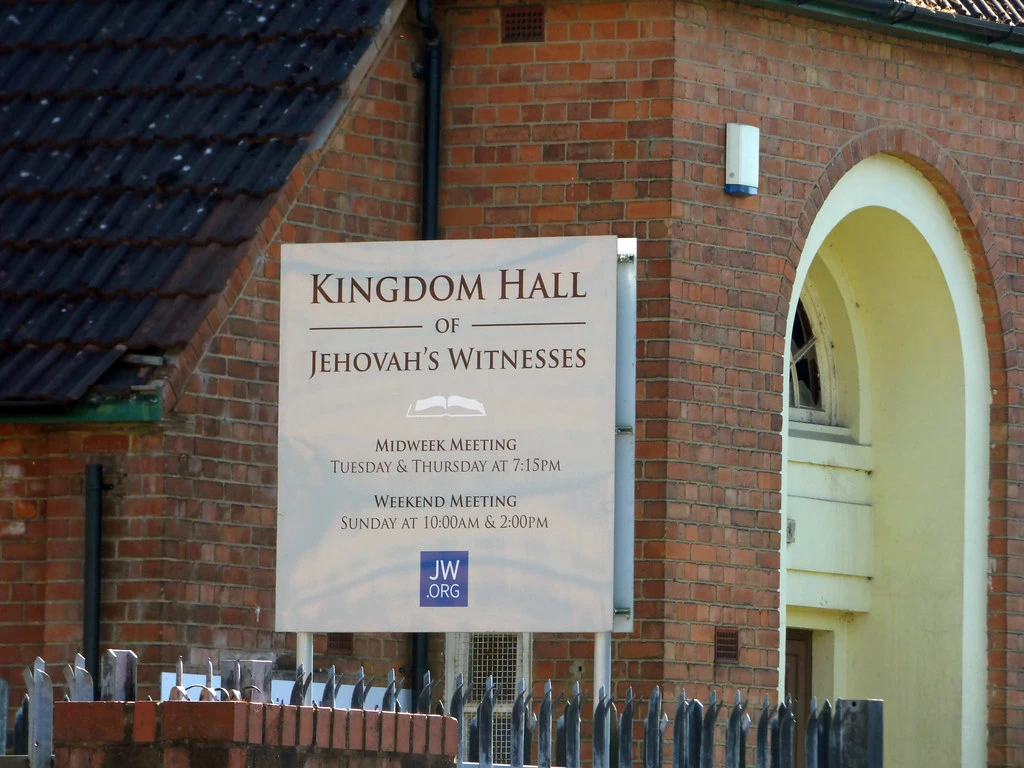Jehovah’s Witnesses are a religious group that has often been misunderstood and subject to negative stereotypes. From door-to-door preaching to the rejection of blood transfusions, there are many aspects of this faith that have caused controversy and criticism. However, behind the misconceptions and conspiracy theories lies a rich history and growing membership that deserves to be understood in a neutral and informative manner.
Origins of Jehovah’s Witnesses
Jehovah’s Witnesses trace their origins back to the late 19th century in Pittsburgh, Pennsylvania. Charles Taze Russell founded the Bible Student movement, a non-denominational Christian group that focused on Bible study and the imminent return of Jesus Christ. In 1879, he published the first issue of “Zion’s Watch Tower and Herald of Christ’s Presence,” which would later be known as “The Watchtower.”
The group continued to grow and expand, and in 1931, they officially adopted the name “Jehovah’s Witnesses.” This name comes from the belief that they are witnessing for God, particularly through their door-to-door preaching.
Key Beliefs and Practices
Jehovah’s Witnesses are known for their strict adherence to biblical teachings and practices. They believe in the Bible as the sole authority on matters of faith and reject any traditions or beliefs not found in scripture.
One of the most notable practices of Jehovah’s Witnesses is their door-to-door preaching. This refers to their efforts to spread their message and teachings by going door-to-door, distributing literature, and engaging in conversations with people in their communities.
Jehovah’s Witnesses also refuse military service, political involvement, and blood transfusions. These beliefs stem from their interpretation of biblical passages such as “thou shalt not kill” and “my kingdom is no part of this world.”
Status Today
Today, there are over 8 million active members of Jehovah’s Witnesses worldwide. They are present in almost every country, and their publications are available in over 1,000 languages. Despite their significant global presence, they still face criticism and opposition from some governments and other religious groups.
Criticism and Conspiracy Theories
Jehovah’s Witnesses have faced criticism for their strict practices, which some view as controlling and restrictive. Critics also accuse them of breaking up families and discouraging higher education, among other things. However, the organization maintains that their teachings are meant to promote love, unity, and spiritual well-being.
Additionally, there are various conspiracy theories surrounding Jehovah’s Witnesses, such as claims of brainwashing and being a doomsday cult. These theories are based on misinterpretations and misinformation and have been extensively debunked by experts and former members.
Final Thoughts
As with any religion, there will always be differing opinions and criticism. However, it is essential to recognize the positive impact that Jehovah’s Witnesses have had on their members and communities. Their strong sense of community, dedication to their faith, and strict moral code have helped many individuals live fulfilling lives.
In closing, let us remember to approach differing beliefs with respect and understanding. As the Bible teaches, “love your neighbor as yourself.” Let us strive for peace and unity, regardless of our differences.
Dear Heavenly Father, we pray for the Jehovah’s Witnesses community and all those who may have misunderstandings or negative views towards them. May we all strive to love and understand one another, just as you have commanded us. We pray for unity and respect among all people and for your blessings to be upon us. Amen.
